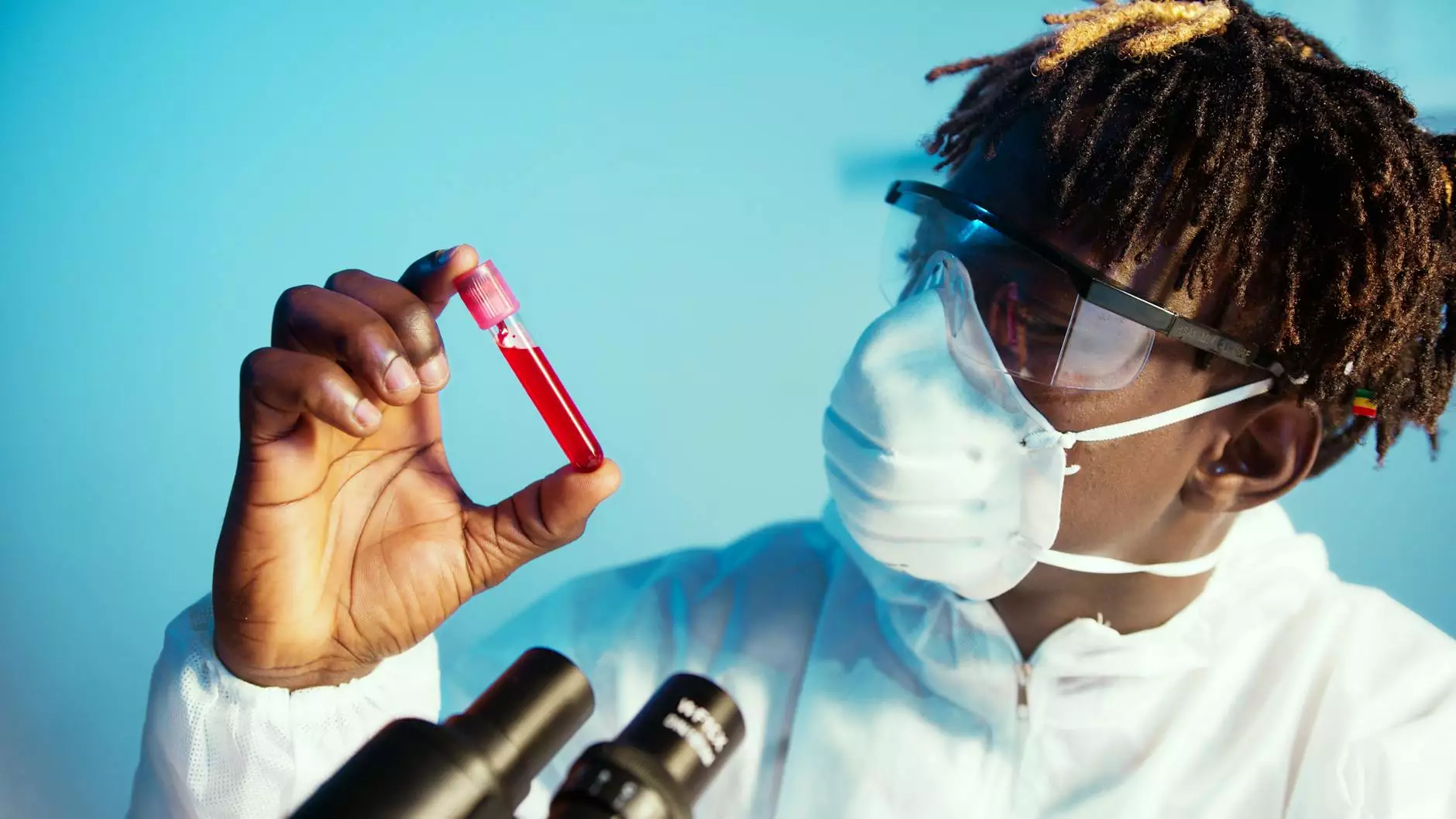Just One Concussion Could Raise Parkinson's Risk
Orthopedic Surgery
Understanding the Relationship Between Concussions and Parkinson's Disease
As the field of medical research progresses, a growing body of evidence suggests a potential link between concussions and the development of Parkinson's disease. Bowling Orthopaedics, a leading expert in orthopaedic care, is here to shed light on this complex relationship and provide valuable insights for patients and professionals alike.
The Basics of Concussions
Concussions are traumatic brain injuries that occur when a forceful blow to the head or body causes the brain to move rapidly within the skull. This sudden movement can result in chemical imbalances and structural damage to the brain, leading to a variety of cognitive, physical, and emotional symptoms.
Concussions and Parkinson's Risk
Recent studies have uncovered a concerning connection between concussions and an increased risk of developing Parkinson's disease later in life. While the exact mechanisms underlying this relationship are still being investigated, researchers believe that the initial injury triggers a cascade of events that can contribute to the neurodegenerative processes seen in Parkinson's.
The Role of Inflammation
Inflammation is a key player in the development of many neurological disorders, including Parkinson's disease. Following a concussion, the body's inflammatory response can become dysregulated, leading to chronic inflammation in the brain. This persistent inflammation may contribute to the progressive damage of dopamine-producing cells, a hallmark characteristic of Parkinson's.
Impact on Brain Networks
Concussions can disrupt the delicate balance of neural networks in the brain, affecting communication between different regions. This disruption may impair the brain's ability to regulate movement, leading to motor symptoms commonly observed in Parkinson's disease.
Genetic Susceptibility
Emerging research suggests that individuals with specific genetic variations may be more susceptible to the long-term effects of concussions. Certain gene mutations associated with increased Parkinson's risk can potentially interact with the neurological changes induced by a concussion, amplifying the overall risk.
Preventive Measures and Early Intervention
While the link between concussions and Parkinson's disease is concerning, it is important to note that not everyone who experiences a concussion will develop the condition. However, taking preventive measures and seeking early intervention can significantly reduce the potential risks.
Protective Gear and Sports Safety
For those participating in high-risk activities or contact sports, utilizing appropriate protective gear is crucial. Wearing helmets and other safety equipment can help reduce the impact force to the head, minimizing the risk of concussions and subsequent long-term complications.
Proactive Concussion Management
If a concussion does occur, early recognition and appropriate management are vital. Seeking medical attention from a qualified healthcare professional, such as those at Bowling Orthopaedics, can ensure accurate diagnosis, personalized treatment, and proactive monitoring to prevent potential long-term consequences.
Conclusion
As the understanding of concussions and their potential impact on long-term health continues to evolve, it is essential for individuals, healthcare providers, and researchers to stay informed. Bowling Orthopaedics remains dedicated to providing the latest updates and expert guidance in neurology, orthopaedics, and overall well-being.










